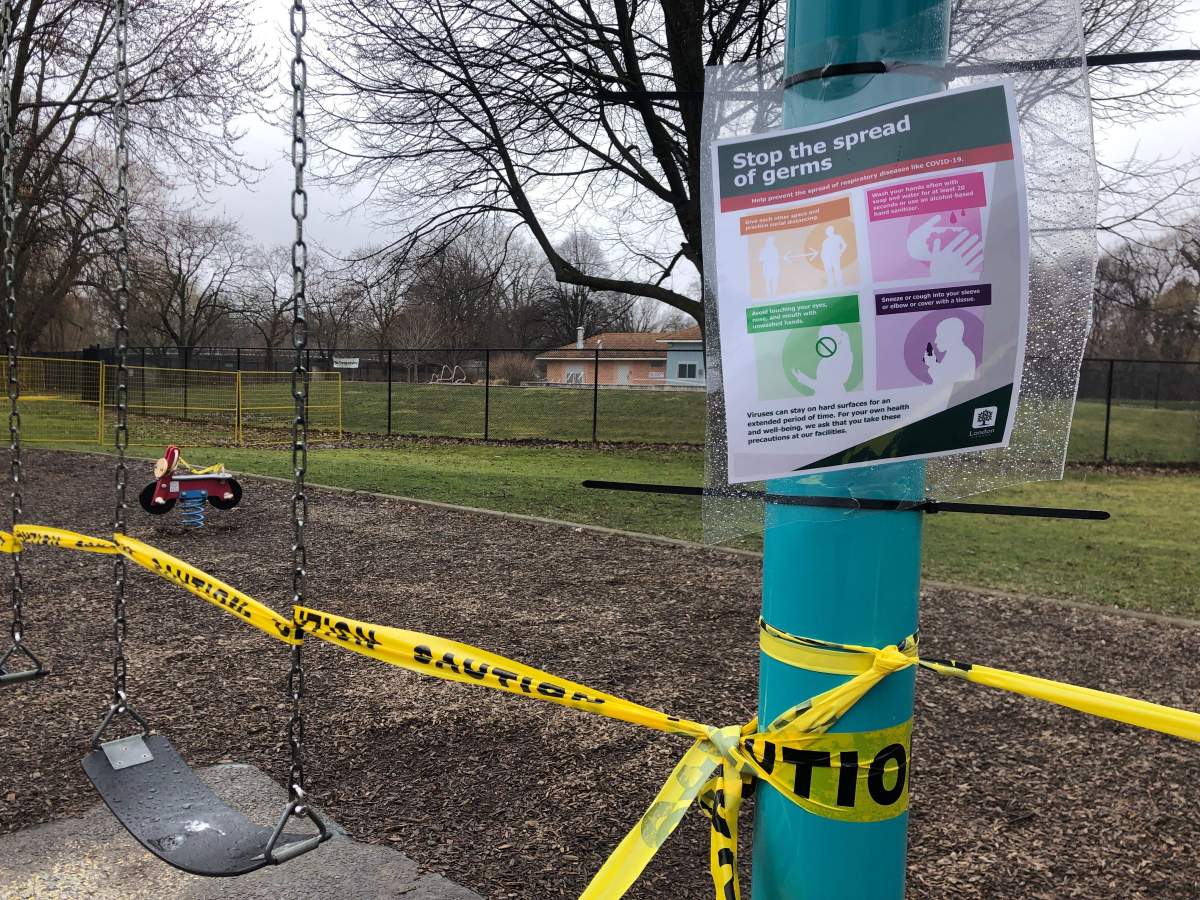Deputy mayor Jesse Helmer says the city’s coronavirus tipline drew in over 600 emails over the weekend after launching Friday afternoon.

The tipline was created in partnership with the London Police Service (LPS) and the Middlesex-London Health Unit (MLHU) and was set up to crack down on those flouting provincial orders and municipal closures related to COVID-19.
Londoners can use the tipline by emailing COVIDOrderConcerns@london.ca or dialling 519-661-4660.
The phone line is only monitored Monday to Friday from 8:30 a.m. to 4:30 p.m., and it received “dozens of calls” in its first day, according to Helmer, but the email address received over 600 tips from the public over the weekend.
“Without that dedicated phone number and dedicated email address, what was happening was people were calling 911 and tying up emergency operators to raise these concerns or they were calling bylaw enforcement for something that’s health unit-related,” he said.
“It was just confusing and it wasn’t a great way to focus those concerns and get them resolved.
“I think it is working in the sense that it’s taken the burden off 911, it’s given people a place they can go with their concerns, and it does help us.”
Among the concerns raised was a report from a local man who said a couple had taken the caution tape down from the playground in Gibbons Park. Coun. Shawn Lewis confirmed to Global News that the city had received a report.

Get weekly health news
City staff have since gone back to Gibbons Park to put more caution tape and signage around the playground.
Questions about COVID-19? Here are some things you need to know:
Health officials caution against all international travel. Returning travellers are legally obligated to self-isolate for 14 days, beginning March 26, in case they develop symptoms and to prevent spreading the virus to others. Some provinces and territories have also implemented additional recommendations or enforcement measures to ensure those returning to the area self-isolate.
Symptoms can include fever, cough and difficulty breathing — very similar to a cold or flu. Some people can develop a more severe illness. People most at risk of this include older adults and people with severe chronic medical conditions like heart, lung or kidney disease. If you develop symptoms, contact public health authorities.
To prevent the virus from spreading, experts recommend frequent handwashing and coughing into your sleeve. They also recommend minimizing contact with others, staying home as much as possible and maintaining a distance of two metres from other people if you go out.
For full COVID-19 coverage from Global News, click here.
— with files from Global News Radio 980 CFPL’s Matthew Trevithick.













Comments